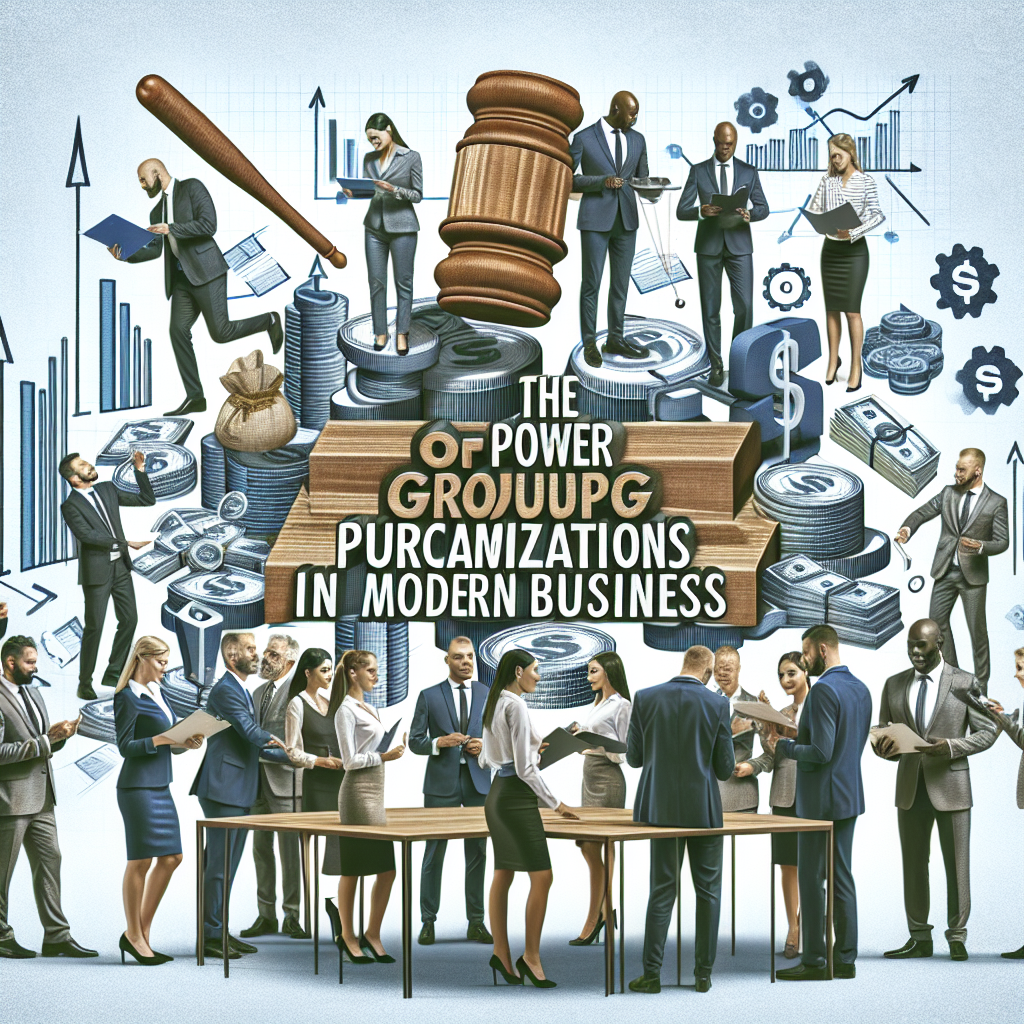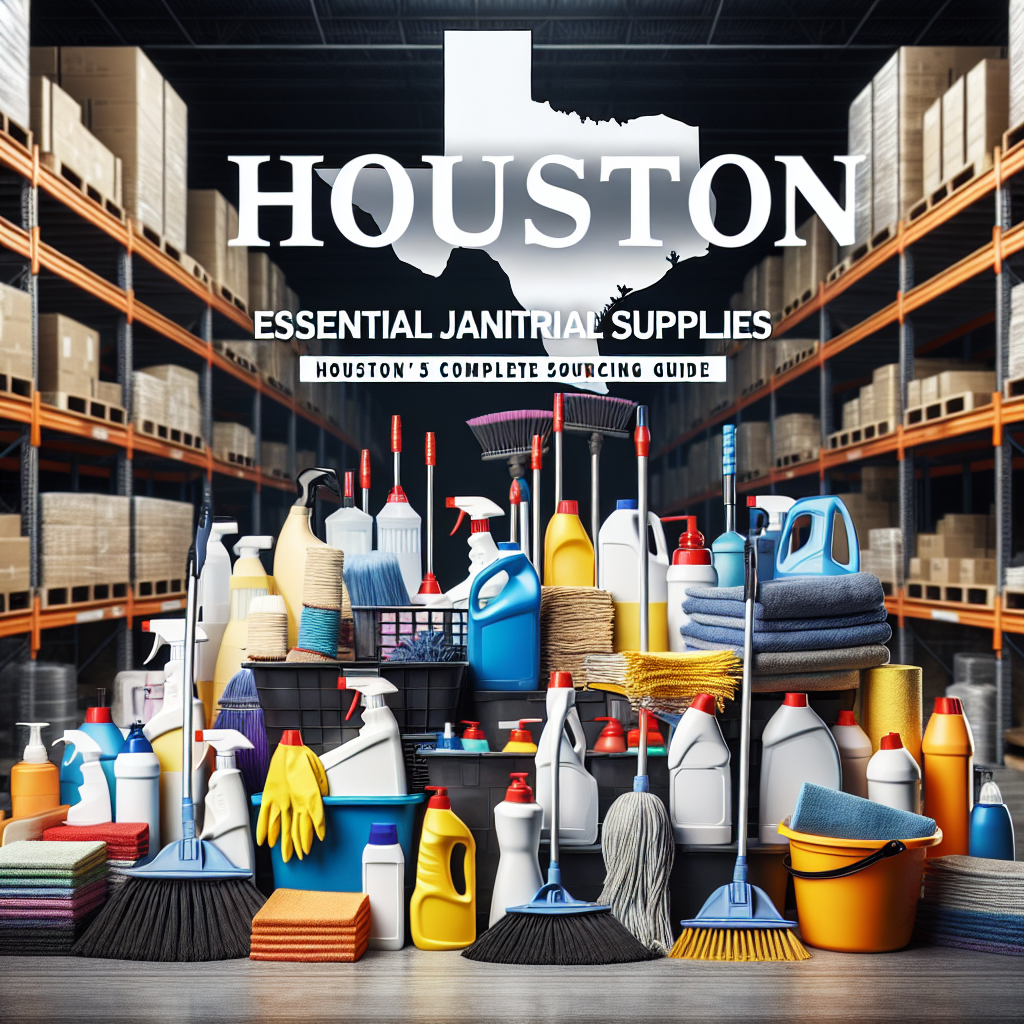In order to effectively work with a supplier, it is crucial to understand their perspective and the challenges they face. Suppliers are often under pressure to meet the demands of multiple clients while also managing their own business operations. They may have limited resources and capacity, and may also face their own supply chain challenges. By understanding these factors, you can approach the relationship with empathy and a willingness to collaborate on solutions that benefit both parties.
Furthermore, understanding your supplier’s perspective can help you anticipate their needs and concerns, allowing you to proactively address potential issues before they arise. This can help build trust and credibility with your supplier, leading to a more productive and mutually beneficial partnership. By taking the time to understand your supplier’s perspective, you can position yourself as a valuable and considerate partner, rather than just another client.
Setting Clear Objectives and Goals
Setting clear objectives and goals is essential for a successful partnership with a supplier. Before entering into any agreement, it is important to clearly define what you hope to achieve from the relationship. This could include specific deliverables, quality standards, pricing expectations, and timelines. By clearly outlining your objectives and goals, you can ensure that both parties are aligned and working towards the same outcomes.
Additionally, setting clear objectives and goals provides a framework for measuring the success of the partnership. This allows both parties to track progress, identify areas for improvement, and make adjustments as needed. Clear objectives and goals also provide a basis for accountability, ensuring that both parties are committed to meeting their obligations. By setting clear objectives and goals from the outset, you can establish a strong foundation for a productive and successful partnership with your supplier.
Conducting Thorough Research and Preparation
Before engaging with a supplier, it is important to conduct thorough research and preparation to ensure that you are well-informed and prepared for negotiations. This includes researching the supplier’s background, capabilities, reputation, and industry trends. By understanding the supplier’s strengths and weaknesses, you can identify areas where you can add value and negotiate from a position of knowledge and insight.
In addition to researching the supplier, it is important to prepare for negotiations by clearly defining your needs, priorities, and boundaries. This includes establishing your budget, quality standards, delivery requirements, and any other non-negotiable terms. By being well-prepared, you can confidently articulate your needs and expectations, while also being open to compromise and flexibility where necessary. Thorough research and preparation are essential for entering into negotiations with confidence and clarity, setting the stage for a successful partnership with your supplier.
Building and Maintaining Strong Relationships
Building and maintaining strong relationships with your suppliers is crucial for long-term success. A strong relationship is built on trust, respect, and open communication. By demonstrating integrity and reliability in your interactions with your supplier, you can build trust and credibility over time. This can lead to a more collaborative and mutually beneficial partnership.
Furthermore, maintaining strong relationships with your suppliers requires ongoing effort and attention. This includes regular communication, feedback, and support. By staying engaged with your suppliers and demonstrating a genuine interest in their success, you can foster a sense of partnership and loyalty. Building and maintaining strong relationships with your suppliers is an investment that can pay dividends in the form of improved service, better pricing, and access to new opportunities.
Utilizing Effective Communication and Listening Skills
Effective communication and listening skills are essential for successful collaboration with suppliers. Clear and open communication is key to ensuring that both parties are aligned on expectations, timelines, and deliverables. By clearly articulating your needs and actively listening to your supplier’s input, you can avoid misunderstandings and conflicts that can derail the partnership.
In addition to effective communication, active listening is also crucial for understanding your supplier’s perspective and needs. By actively listening to your supplier’s concerns and feedback, you can demonstrate empathy and a willingness to collaborate on solutions that benefit both parties. This can help build trust and rapport with your supplier, leading to a more productive and harmonious partnership.
Negotiating with Confidence and Flexibility
Negotiating with confidence and flexibility is essential for reaching mutually beneficial agreements with your suppliers. Confidence in negotiations comes from being well-prepared, understanding your own needs and priorities, as well as having a clear understanding of the supplier’s perspective. By approaching negotiations with confidence, you can assertively advocate for your needs while also being open to compromise where necessary.
Flexibility in negotiations is also important for finding common ground with your supplier. By being open to alternative solutions and creative problem-solving, you can demonstrate a willingness to collaborate on mutually beneficial outcomes. This can help build trust and goodwill with your supplier, leading to a more positive and productive negotiation process.
Closing the Deal and Following Up
Closing the deal with your supplier is just the beginning of a successful partnership. Following up after the agreement is essential for ensuring that both parties are meeting their obligations and addressing any issues that may arise. This includes regular communication, feedback, and support to ensure that the partnership remains strong and productive over time.
Following up also provides an opportunity to celebrate successes and identify areas for improvement. By acknowledging achievements and addressing any challenges proactively, you can demonstrate your commitment to the partnership and foster a sense of collaboration with your supplier. Closing the deal is just the first step in building a successful partnership – following up is essential for maintaining it over time.





